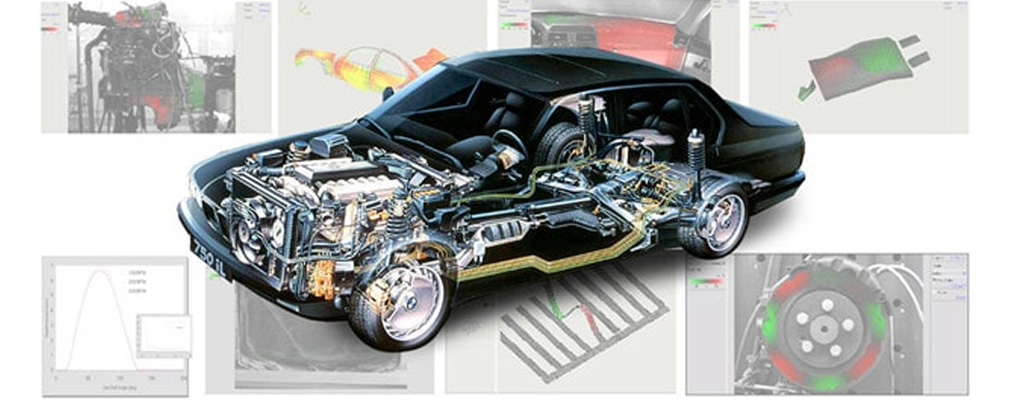Vehicle Electronics
In the modern automotive industry, the integration of advanced electronic components has revolutionized vehicle functionality, safety, and efficiency. One crucial element in this technological evolution is the Printed Circuit Board Assembly (PCBA). PCBA serves as the backbone of vehicle electronics, facilitating the seamless operation of various systems.

Printed Circuit Board Assembly (PCBA) is a fundamental component in electronic devices, including vehicles. It comprises a substrate material, conductive traces, and electronic components mounted on the board. PCBA acts as a platform for interconnecting electronic components, enabling the functioning of complex systems.
Functions of PCBA in Vehicle Electronics:
- Signal Processing: PCBA processes signals from sensors, actuators, and other vehicle components, facilitating communication between different systems such as engine control units, anti-lock braking systems, and infotainment systems.
- Power Distribution: It manages power distribution within the vehicle, ensuring efficient utilization and safety. PCBA regulates voltage levels and current flow to various electronic components, preventing damage due to overloading or voltage spikes.
- Data Storage and Processing: PCBA includes components like microcontrollers and memory modules for storing and processing data. This is crucial for functionalities such as engine diagnostics, navigation systems, and entertainment units.
- Control and Monitoring: PCBA controls the operation of critical systems like airbag deployment, traction control, and adaptive cruise control. It also monitors sensor inputs to detect faults and ensure proper functioning of vehicle subsystems.
Applications of PCBA in Vehicle Electronics:
- Engine Management Systems: PCBA plays a central role in engine control units (ECUs), managing fuel injection, ignition timing, and emissions control. It ensures optimal engine performance and compliance with environmental regulations.
- Safety Systems: PCBA is essential in safety-critical systems such as airbag control units (ACUs), electronic stability control (ESC), and collision avoidance systems. These systems rely on rapid signal processing and precise control for timely intervention during emergencies.
- Infotainment and Connectivity: In modern vehicles, PCBA enables advanced infotainment features like touchscreen displays, GPS navigation, Bluetooth connectivity, and internet access. These entertainment and communication systems enhance the driving experience and provide connectivity on the go.
- Advanced Driver Assistance Systems (ADAS): PCBA forms the backbone of ADAS, which includes features like adaptive cruise control, lane departure warning, and automatic parking assistance. These systems rely on sensors, actuators, and processing units to enhance driver safety and convenience.
- Electric and Hybrid Vehicles: PCBA is integral to the operation of electric and hybrid vehicles, managing power distribution between batteries, motors, and auxiliary systems. It controls charging, regenerative braking, and energy management, maximizing efficiency and range.
Challenges and Future Trends:
- Miniaturization: With the demand for compact and lightweight vehicle electronics, PCBA manufacturers face challenges in miniaturizing components while maintaining performance and reliability.
- Integration of AI and IoT: Future vehicles are expected to incorporate artificial intelligence (AI) and Internet of Things (IoT) technologies for autonomous driving and connectivity. PCBA will need to support these advanced functionalities while ensuring cybersecurity and data privacy.
- Environmental Sustainability: There is growing emphasis on eco-friendly manufacturing processes and materials in the automotive industry. PCBA manufacturers are exploring recyclable materials and energy-efficient production methods to reduce environmental impact.
In conclusion, PCBA is indispensable in vehicle electronics, enabling the seamless integration of advanced functionalities for performance, safety, and connectivity. Its applications range from engine management and safety systems to infotainment and ADAS. As automotive technology continues to evolve, PCBA will play a pivotal role in driving innovation and enhancing the driving experience.
In essence, the intricate network of PCBA in vehicle electronics underscores its significance in shaping the future of automotive technology.
